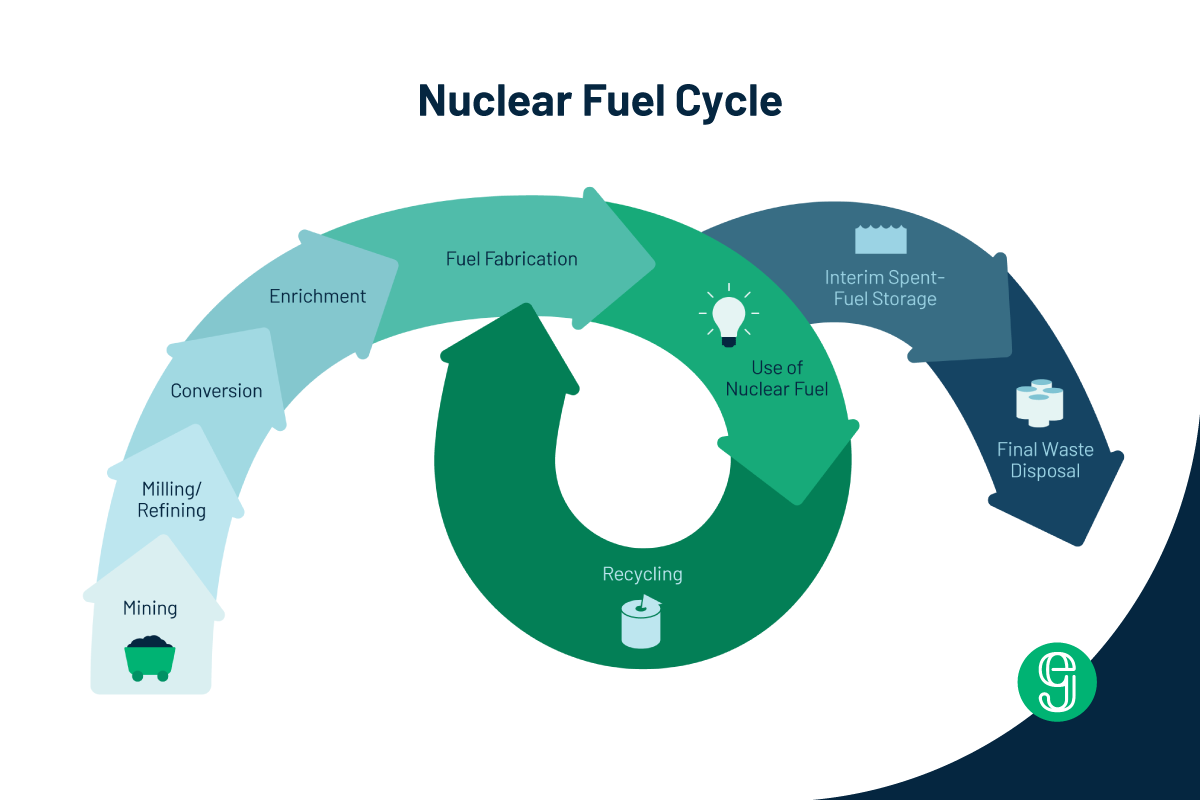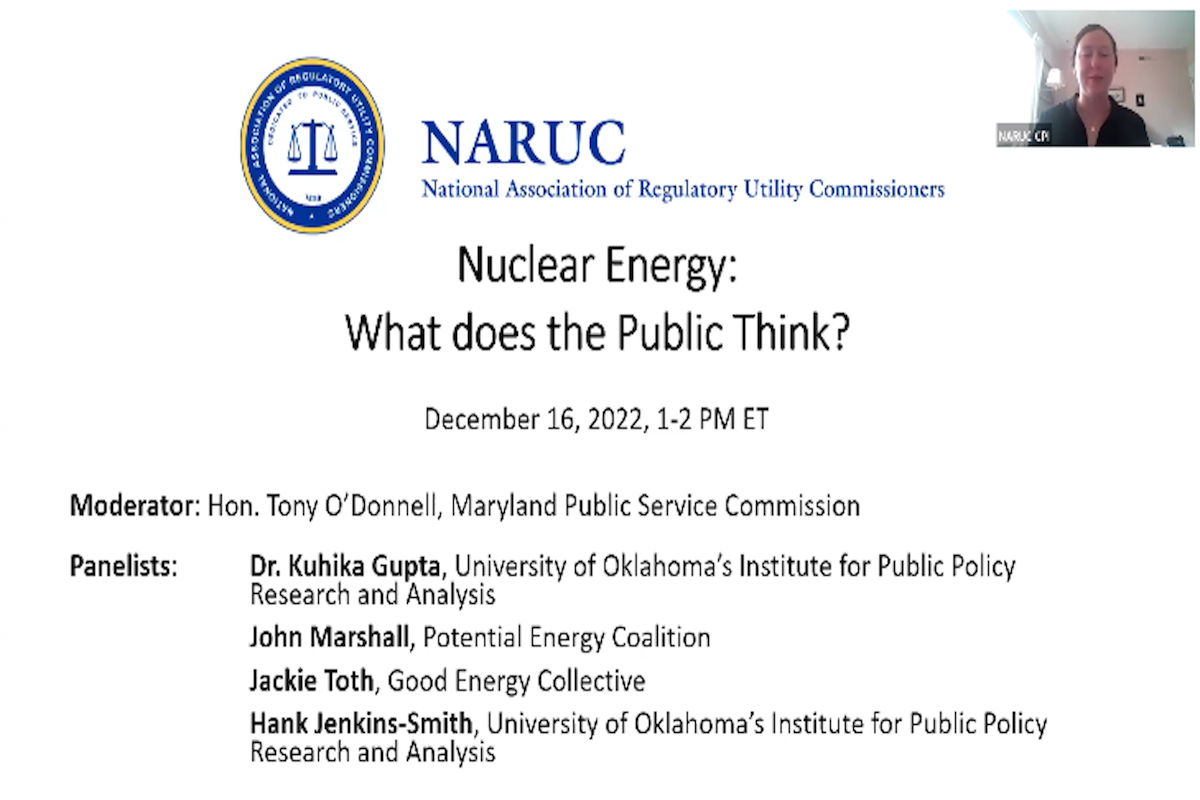Jackie and Jessica dive into the long-lasting impact of the Inflation Reduction Act (IRA) on climate policy and electoral dynamics.
As the 2024 election season heats up on par with record-high temperatures Fahrenheit, Democrats should remember what helped them knock some of the competition out cold in 2022. They should once again listen to climate activists and progressives, whose push for impactful and equitable climate action made the Inflation Reduction Act — and the party’s expectation-busting performance — possible. Progressive values are more popular than ever — and progressives should use that momentum to keep pushing for meaningful change. Congressional Democrats performed better than expected in the 2022 midterms — not in spite of the IRA, but because of it.
The IRA’s prioritization of air pollution reductions, carrots for clean energy build-outs, and advancement of environmental justice promise benefits for Americans. It also represents years of hard work led by progressives. After the failure of Waxman-Markey in 2009, as the political landscape grew ever more polarized, progressives helped create a more politically feasible and durable climate policy. They rightly shunned an overreliance on economic levers like carbon taxes or cap-and-trade, which can reduce emissions but risk hitting low-income families hardest. The IRA combined several policy approaches, which some termed Standards, Investment, and Justice, that proved palatable to the breadth of the Democratic caucus, from Green New Deal proponents to business-minded centrists.
While we are clear-eyed that the IRA is only the first of many steps needed to address climate change, the law marked a significant win for climate advocates like us. Progressive members used their collective power to elevate aggressive climate action in the chamber and advance meaningful policies that prioritize the well-being of the American people, who will breathe cleaner air and pay less for electricity in the coming years because of the IRA. Meanwhile, progressive climate positions won the day across the U.S. Katie Hobbs (D) won her bid for Arizona governor on a platform of clean energy investments to lower electricity bills. In Maryland, voters elected Gov. Wes Moore (D), who has pledged to reach 100% renewable energy by 2035 and prioritizes environmental justice. Sen. Catherine Cortez Masto (D-NV) won reelection while supporting renewable energy and limiting fossil fuel drilling on public lands.
But rather than build on their momentum after the passage of the IRA, congressional Democratic leadership remained faithful to their closed-door deal with Sen. Joe Manchin (D-WV). They tried to fast-track fossil fuel projects under the banner of “permitting reform,” but without consulting progressives, who have spent years grappling with how to build infrastructure equitably without disenfranchising communities. Steamrolling local opposition to infrastructure will not accelerate the clean energy transition.Instead, Democrats should recognize the popularity of progressive policies that give communities power and resources to make informed energy decisions. This emphasis on local solutions may be one area of common ground with moderate Republicans on energy issues. Such collaboration isn’t unprecedented: last Congress, thirteen moderate House Republicans voted for the bipartisan infrastructure law.h
Another potential area of common ground could be detangling the interstate transmission siting problem. A lack of high-voltage transmission infrastructure will hinder the IRA’s ability to reduce emissions. While the debt ceiling agreement nominally included permitting reform, it lacked any meaningful policy to accelerate permitting for transmission lines. Advancing the build-out of transmission lines in ways that protect landowners’ rights and ensure the projects benefit everyone affected by their construction.
Smartly, Democrats designed the IRA to benefit the entire U.S. political geography. An analysis from Climate Power found that two-thirds of new clean energy announcements since the IRA’s passage have been in red districts. Far-right Rep. Marjorie Taylor Greene (R-GA) is even touting the new clean energy jobs her district will gain from a solar panel manufacturing plant expansion. And our analysis has shown that Republican-voting counties stand to benefit from federal investments in environmental justice communities the same as Democratic-voting ones.
Congressional progressives should recognize the broad popularity of equitable clean energy investments. They must continue to lead on energy and climate and find opportunities to work with moderates from both parties on shared priorities, such as supporting regions facing the closure of coal plants by helping them explore options to repower and diversify their economies with new technologies like small, modular nuclear power.
As the 2024 election cycle nears, progressive policies are popular. Progressive members can maintain their momentum by working with their solutions-minded colleagues in either party to advance legislation that meaningfully invests in communities and provides local benefits through clean energy.
















































.png)























.png)






%252520(1200%252520%2525C3%252597%252520800%252520px).png)







